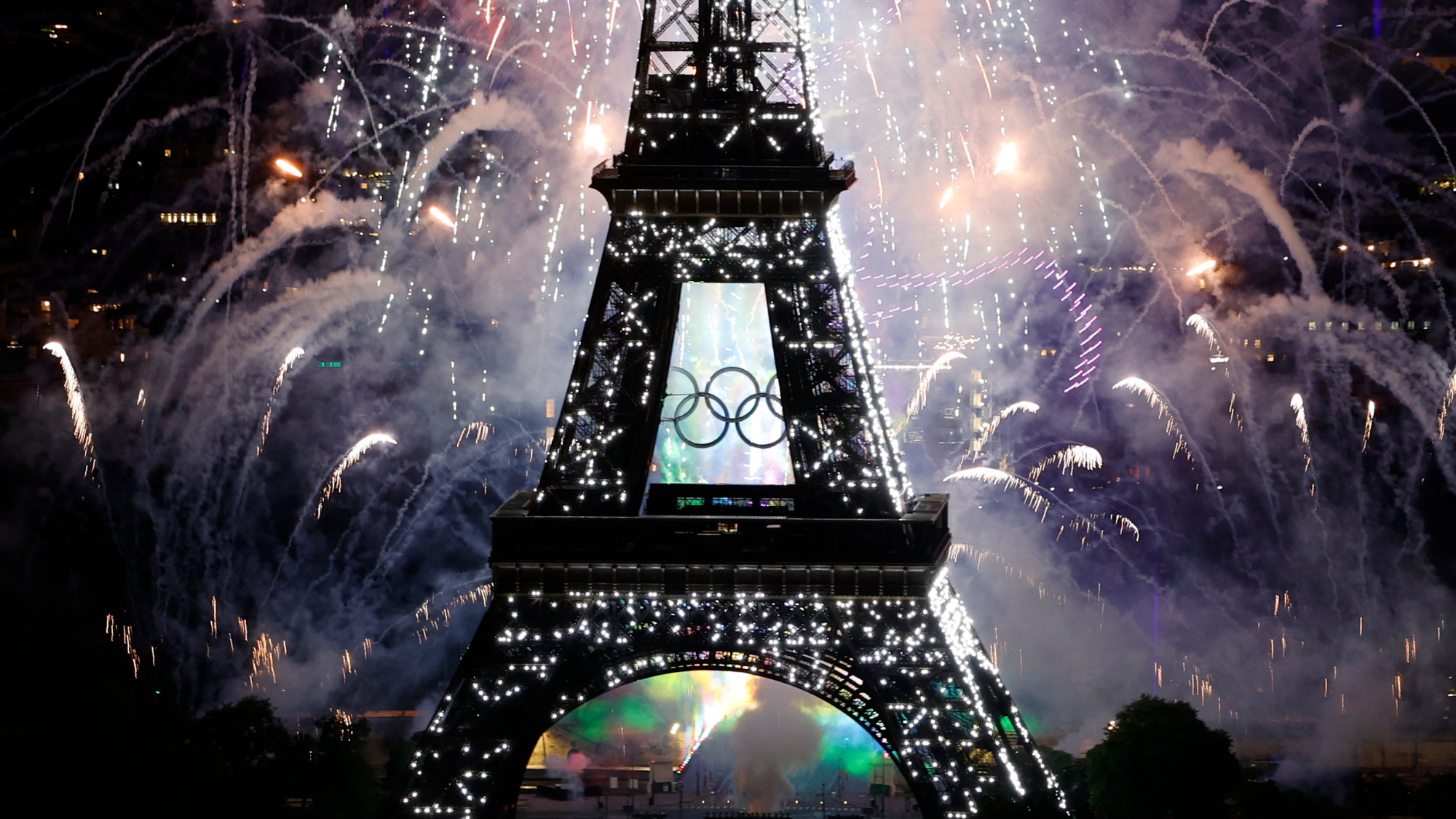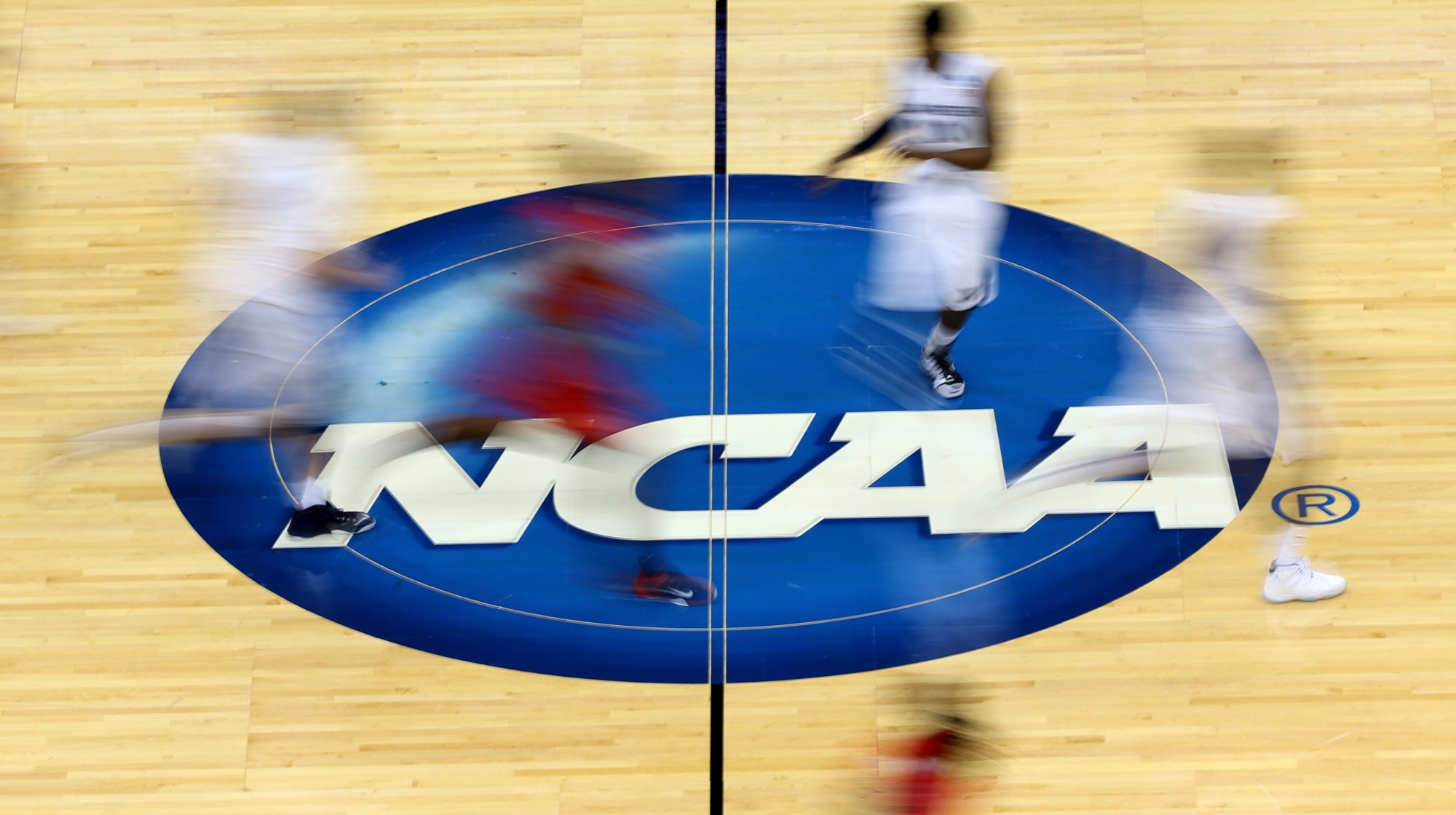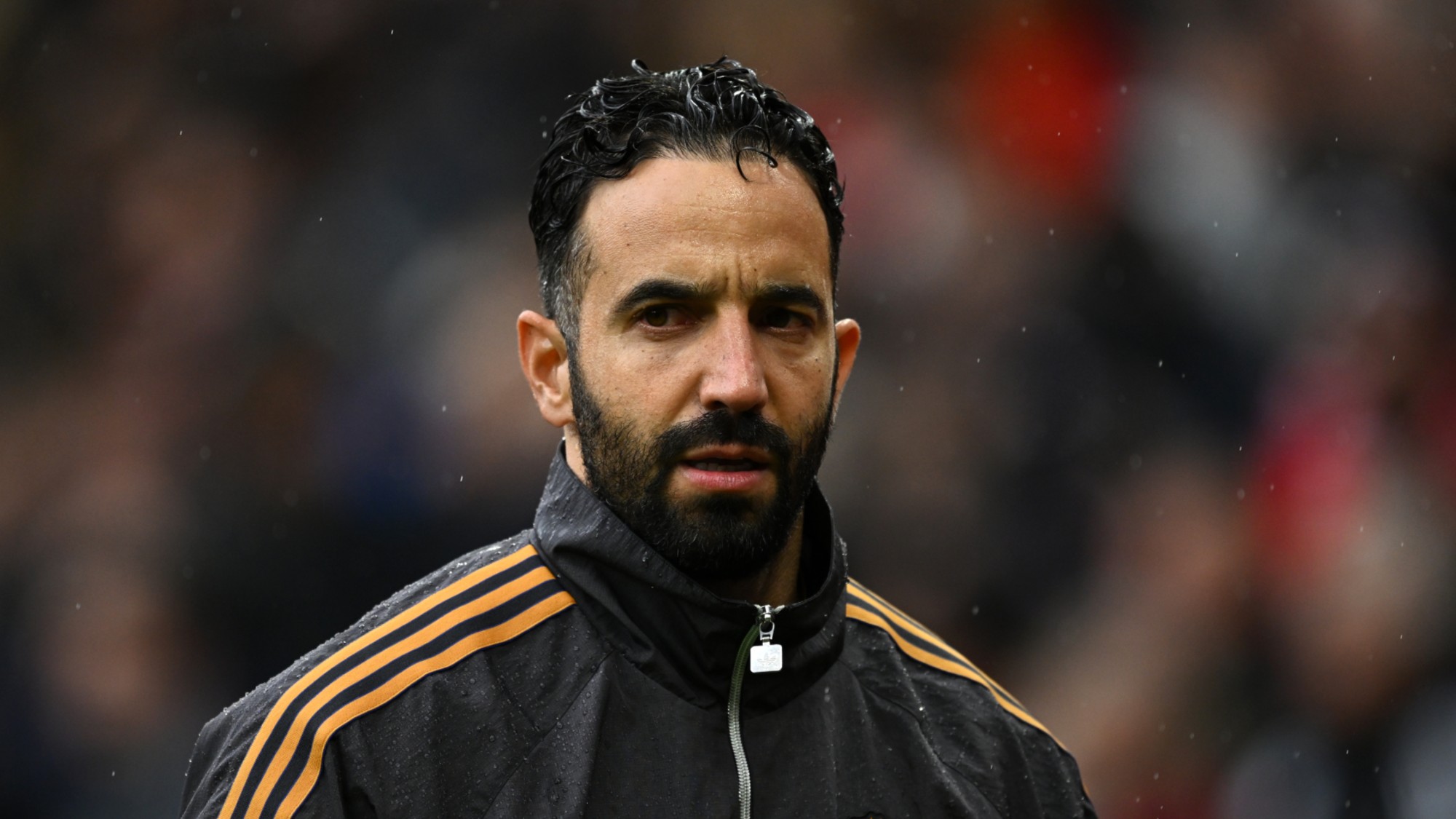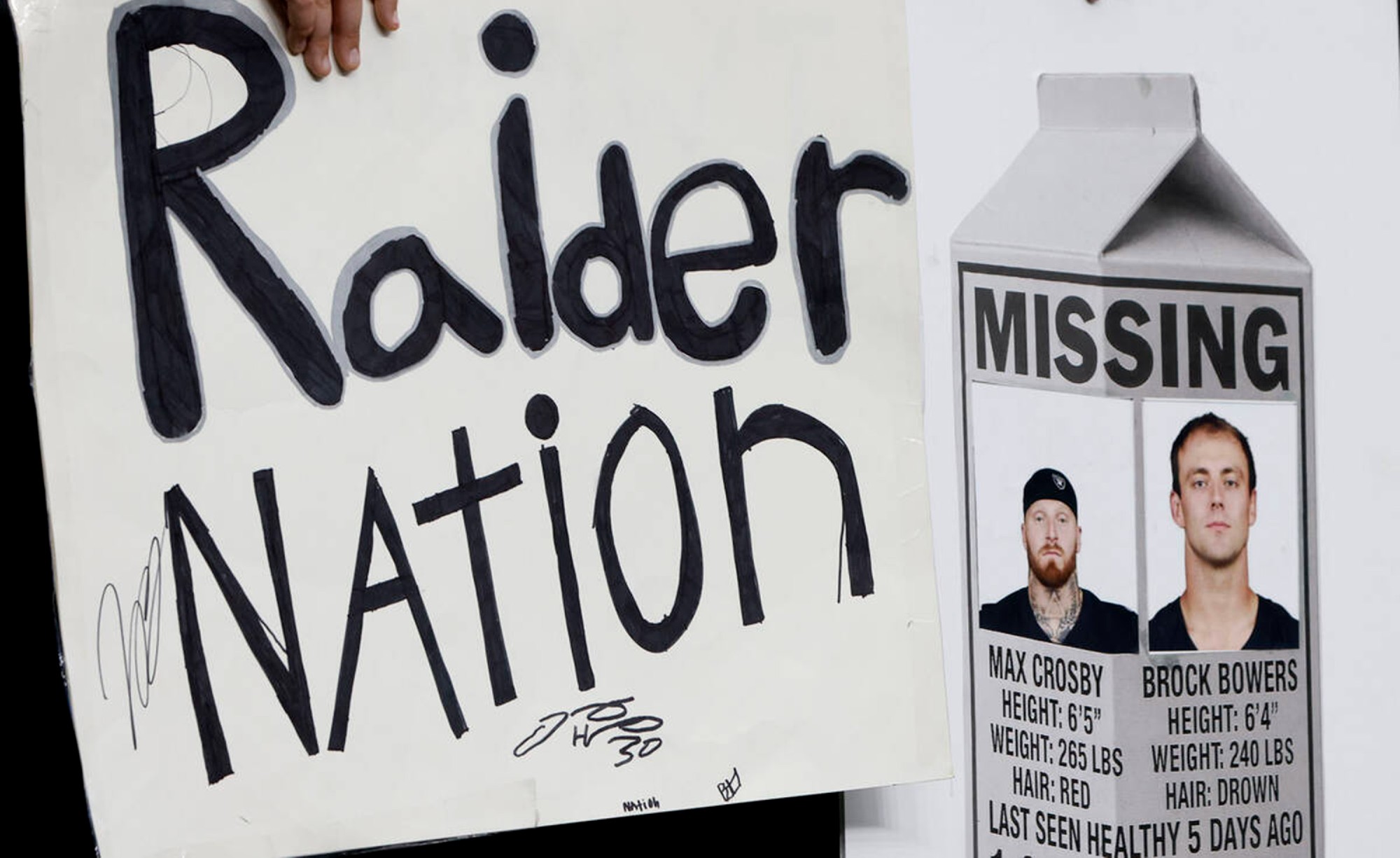Paris Olympics: will it be a success?
Organisers hope the 'spectacle' of the 2024 Games will lift the cloud of negativity that has hung over the build-up

A free daily email with the biggest news stories of the day – and the best features from TheWeek.com
You are now subscribed
Your newsletter sign-up was successful
The Paris Olympics got off to a dramatic start today when arsonists conducted a series of attacks that have caused widespread disruption across France's high-speed train network.
On the day of the 2024 Games' opening ceremony, the state-owned railway operator SNCF said there had been a "massive attack aimed at paralysing the network". Fires were started along the lines connecting the capital with cities such as Lille in the north, Bordeaux in the west and Strasbourg in the east.
The attacks are the latest obstacle that the Games' organisers have encountered on the road to Paris 2024.
The Week
Escape your echo chamber. Get the facts behind the news, plus analysis from multiple perspectives.

Sign up for The Week's Free Newsletters
From our morning news briefing to a weekly Good News Newsletter, get the best of The Week delivered directly to your inbox.
From our morning news briefing to a weekly Good News Newsletter, get the best of The Week delivered directly to your inbox.
What did the commentators say?
Organisers will be hoping that the "spectacle" of the sports themselves can "drown the detail, cost, greed and waste" that have so far surrounded the Games, said The Guardian's chief sports writer Barney Ronay.
The threats to "Olympic primacy" are now "existential", and it "needs to re-establish itself as a dream factory and a producer of moments". Because of the pandemic, the "last really significant Olympic moment" was Usain Bolt winning gold in Rio "eight whole years ago".
The role of Paris is to "fix this" and perhaps there is "something to be taken from Parisian coolness". That's one way of describing the mood. Emmanuel Macron's remark that the French "need to re-enthuse" about the Olympics, combined with a poll that found 44% of Parisians think the Games are a "bad thing", reflect just how low expectations have sunk.
The Games are "already an expensive nightmare for many locals and tourists", said CBS News. "If you're planning on coming to Paris for the Olympic Games… do not come! Do not come," one resident warned in an online rant. "The city of Paris is making it hell on earth."
A free daily email with the biggest news stories of the day – and the best features from TheWeek.com
Naturally, the greatest fear is of a terrorist attack, on either the athletes or the spectators, said Sky News, and a "huge amount of effort has been put into controlling movements around the city". There are also concerns that Russia will "cause trouble" and a 40-year-old Russian man was arrested on suspicion of planning to destabilise the Olympics. Authorities said he could face up to 30 years in prison, a "hint at the gravity of the accusations against him".
The prospect of industrial action will "hang over the whole games", with strikes threatened by workers "ranging from dancers at the opening ceremony to Uber drivers". And to add to the uncertainty, France "remains a country without a functioning government".
But pre-Games negativity seems to be part of the deal. Prior to the 2012 Games, many in London were "dreading" the event, said the BBC. Locals feared the Games would "cause chaos, disrupt business and make life more difficult for many people". Once the Games started, though, the mood lifted dramatically. Hugh Robertson, a former minister responsible for London 2012, told AFP that "there is always a moment that comes when people realise what a wonderful shop window they are for a country and they swing behind the Games". With expectations so low, Paris might not have to do much to pleasantly surprise the doubters.
Success will be judged ultimately on its legacy for the city. Paris should follow London's example and "embrace the ability to repurpose spaces and infrastructure" that are "already staples of their communities", said Fast Company. The French organisers should also use the Games as a "motivator" to improve their cities not only for the tourists who will "naturally flock in", but for their "long-term residents as well".
But the extent to which London achieved that second aim is contested. Twelve years on, the "promises of legacy housing" have "yet to be fulfilled", said Inside The Games. The main beneficiaries of London's Olympic housing legacy have been wealthier professional groups, but affordable housing is "conspicuous by its absence". Nearly 12,400 homes have been built in and around the Olympic site, but only about 1,000 are affordable, which is "hardly anything".
So perhaps it's London's failures that Paris should learn from. Although there were "high hopes" to create a "cultural hub" around the Olympic village in Stratford, east London, said The Telegraph, "in reality, the greatest legacy for many is understood to be the Westfield shopping centre". In contrast, the Paris organisers hope they are "building for the long-term".
What next?
The opening ceremony of the Paris Olympics takes place on the Seine today, with boats carrying athletes and dignitaries along almost four miles of the river. Around 300,000 spectators will watch the action on the water.
Robertson said this will be a key moment in the long-term journey. The opening ceremony is important for the success of the Games because it "sets the tone" for the entire event. If it starts the Games "in the right way" then that "allows you to concentrate subsequently on the athletes".
Chas Newkey-Burden has been part of The Week Digital team for more than a decade and a journalist for 25 years, starting out on the irreverent football weekly 90 Minutes, before moving to lifestyle magazines Loaded and Attitude. He was a columnist for The Big Issue and landed a world exclusive with David Beckham that became the weekly magazine’s bestselling issue. He now writes regularly for The Guardian, The Telegraph, The Independent, Metro, FourFourTwo and the i new site. He is also the author of a number of non-fiction books.
-
 Local elections 2026: where are they and who is expected to win?
Local elections 2026: where are they and who is expected to win?The Explainer Labour is braced for heavy losses and U-turn on postponing some council elections hasn’t helped the party’s prospects
-
 6 of the world’s most accessible destinations
6 of the world’s most accessible destinationsThe Week Recommends Experience all of Berlin, Singapore and Sydney
-
 How the FCC’s ‘equal time’ rule works
How the FCC’s ‘equal time’ rule worksIn the Spotlight The law is at the heart of the Colbert-CBS conflict
-
 The 9 best steroid-free players who should be in the Baseball Hall of Fame
The 9 best steroid-free players who should be in the Baseball Hall of Famein depth These athletes’ exploits were both real and spectacular
-
 Seahawks trounce Patriots in Super Bowl LX
Seahawks trounce Patriots in Super Bowl LXSpeed Read The Seattle Seahawks won their second Super Bowl against the New England Patriots
-
 History-making moments of Super Bowl halftime shows past
History-making moments of Super Bowl halftime shows pastin depth From Prince to Gloria Estefan, the shows have been filled with memorable events
-
 Indiana beats Miami for college football title
Indiana beats Miami for college football titleSpeed Read The victory completed Indiana’s unbeaten season
-
 Dozens charged in NCAA game-rigging case
Dozens charged in NCAA game-rigging caseSpeed Read The schemes allegedly involved fixers who paid $10,000 to $30,000 for each rigged game
-
 The US Olympic figure skating team might be the ‘greatest’ ever
The US Olympic figure skating team might be the ‘greatest’ everIn the Spotlight The team will take to the ice in February
-
 Amorim follows Maresca out of Premier League after ‘awful’ season
Amorim follows Maresca out of Premier League after ‘awful’ seasonIn the Spotlight Manchester United head coach sacked after dismal results and outburst against leadership, echoing comments by Chelsea boss when he quit last week
-
 Is tanking ruining sports?
Is tanking ruining sports?Today's Big Question The NBA and the NFL want teams to compete to win. What happens if they decide not to?